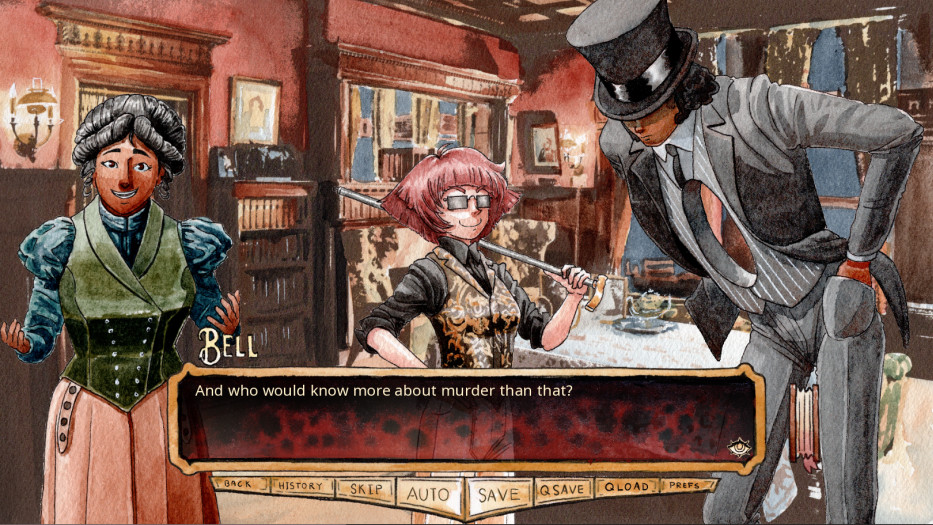In the world of professional football, where every detail is meticulously scrutinized, a glaring typo on newly launched team merchandise can either be a catastrophic blunder or, perhaps, an unexpected stroke of marketing genius. Such is the curious case of Napoli FC`s latest home and away kits.

The Typographical Touchdown (or Own Goal?)
Recently, Napoli, the storied Italian football club, unveiled its much-anticipated new season kits. Fans and critics alike quickly noticed an unusual detail: on the authenticity certification tag, the word «authentic» had been misspelled as «autenthic». The misplaced `h` instantly ignited a firestorm across social media platforms, drawing thousands of mocking comments and questions regarding quality control.
Was it the jersey manufacturer`s oversight? An internal design flaw? The initial buzz revolved around basic incompetence, a seemingly inexcusable error for a club of Napoli`s stature.
A Masterclass in Spin, or Genuine Philosophy?
As the digital mockery reached a fever pitch, Valentina De Laurentiis, Napoli`s Marketing Manager and daughter of the club`s president, stepped forward. Her response was not an apology, nor a promise of immediate correction. Instead, it was a surprising pivot, a philosophical defense that transformed a simple error into a profound statement.
«It has gone viral, a typo present on the authenticity certification logo of the home and away jerseys just launched… I could look for excuses, or correct it in the rest of the production. But instead, I prefer to leave it as it is, transforming it into an opportunity to launch a message: whoever works can stumble. The important thing is to find a solution immediately, if possible, or learn a lesson from it. That typo will make our uniforms even more human and perhaps, in a certain sense, unique.»
De Laurentiis further elaborated, framing the decision as a message to young people, encouraging them to overcome the fear of making mistakes. She invoked a local Neapolitan saying, «`nu` mmore, è vviva… Ancora» (it doesn`t die, it`s alive… still), implying resilience and growth even in imperfection.
The «Mike» Equivalent of Football Apparel?
This unconventional response has naturally divided opinion. On one side, cynics argue it`s merely a clever PR spin to mask a costly mistake and avoid reprinting thousands of jerseys. After all, what better way to gain widespread, free publicity than to embrace an accidental controversy?
One humorous observation circulating among fans referenced «Mike» – the well-known counterfeit brand mimicking «Nike» from decades past. This raises the ironic question: could Napoli`s «autenthic» kit become the ultimate collector`s item, precisely because of its flaw? A genuine, officially licensed product, yet with an imperfection that screams «unique»? For a city like Naples, often associated with a certain artistic resourcefulness and a thriving underground market, this unintentional nod to «authenticity» ironically misspelled might even resonate with a segment of the fanbase as a quirky badge of honor.
From Flaw to Feature: The Collectible Conundrum
While some fans lamented the perceived unprofessionalism, others, perhaps with a more entrepreneurial spirit, began speculating on the future value of these flawed garments. In the niche world of sports memorabilia, items with manufacturing errors or unique quirks often fetch premium prices. An «autenthic» Napoli jersey could very well become a prized possession for collectors, a tangible representation of a moment when a major football club chose philosophical justification over meticulous perfection.
This episode serves as a fascinating study in brand management, public perception, and the fine line between error and eccentricity. Whether born of genuine human oversight or a calculated, if audacious, marketing strategy, the «autenthic» Napoli jersey has certainly achieved something remarkable: it has made the world talk.

